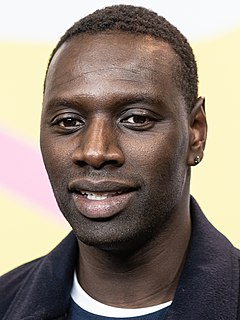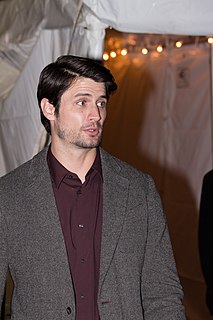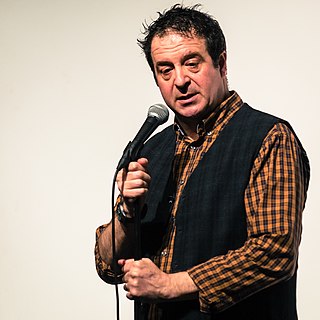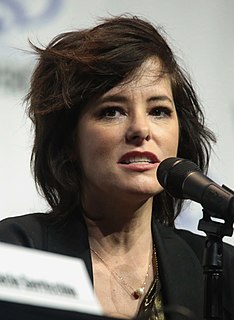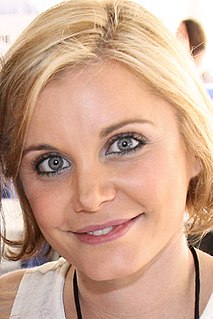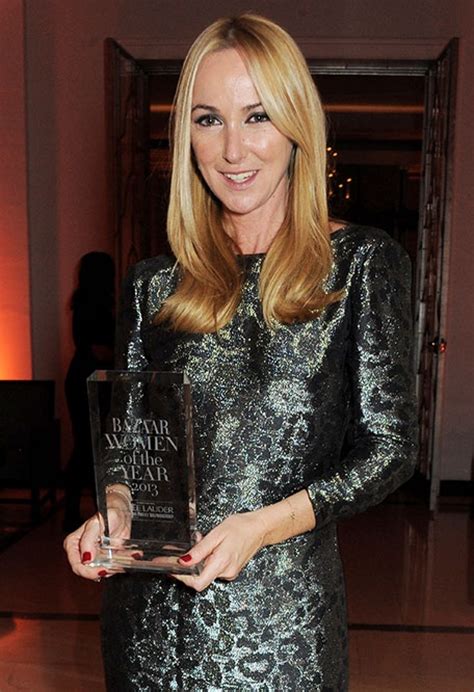A Quote by Steve Coogan
I always find it easier to portray myself as being unlikeable and idiotic; to actually play a character that is likeable and engages the audience is far more difficult. It's a more subtle kind of challenge.
Related Quotes
I find that when I get casual in my relationships with divinity and when it seems that no divine ear is listening and no divine voice is speaking, that I am far, far away. If I immerse myself in the scriptures the distance narrows and the spirituality returns. I find myself loving more intensely those whom I must love with all my heart and mind and strength, and loving them more, I find it easier to abide their counsel.
I seek a diverse spectrum of roles. If I just was in a large-budget feature for a younger audience, then I want to find a smaller, more character-driven piece that might be for a more mature audience. Or if I'm playing a goofier character, then maybe I want to go play a serious, psychopathic character. But at the same time, it's usually a case-by-case basis where I'm judging the merit of a role by the script I'm given, and it usually has less to do with the larger framework and more to do with how the part personally appeals to me in that moment.
I always try to bring a little bit of my own personality to the character, or some sort of personal connection makes it a little bit more of an organic portrayal and the audience can kind of maybe believe it a little bit more. But I always look for something to kind of connect with and identify with, or bring something of myself to the table.
I cannot tell you that I am 100-percent comfortable, but for sure I am more confident of my goals, because I know what I can expect from this kind of event. At the beginning, everything was a mysterious, far-from-me world, and now it's more accessible. Of course, exposing myself is always very difficult. I cannot say that I'm a shy person, but I don't see myself as a superstar. I will never see myself like that.
Try vegetarianism and you will be surprised: meditation becomes far easier. Love becomes more subtle, loses its grossness — becomes more sensitive but less sensuous, becomes more prayerful and less sexual. And your body also starts taking on a different vibe. You become more graceful, softer, more feminine, less aggressive, more receptive.
I needed to create some dramatic tension to sustain the interest of the audience. For instance, the boy in the film is not in the play, so this relationship that he had with the former teacher, and his guilt, this is not at all in the play. I thought it would be interesting to look at in the film, and I added stuff like that around the main character. For me, it was not more difficult or less difficult.
As I get older, I'm more willing to take on more, I guess. I feel more comfortable kind of being different characters and kind of stretching it a little more. Like with The Visitation. At least for me, being an actor, I have to draw from human experiences, so it was kind of a stretch playing that role. Kind of supernatural... kind of like what I did in The Crow actually.





